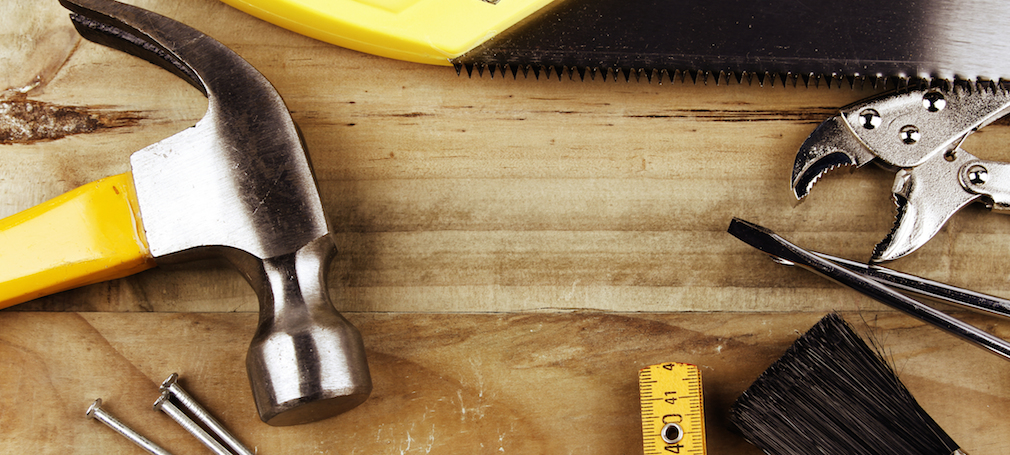Thanks in large part to continually rising prices, investors are making smaller profit margins on home flips than they have in eight years.
According to ATTOM Data Solutions’ Q2 2019 U.S. Home Flipping Report, 59,876 single family homes were flipped in Q2 2019. This is up 12.4% from the previous quarter but down 5.2% from last year.
But despite home flipping rising in the second quarter, investors' return on their investment is falling.
According to the report, homes flipped in Q2 2019 typically generated a gross profit of $62,700 (the difference between the median sale price and median paid by investors), up 2% from the previous quarter, but down 2% from a year ago.
ATTOM notes that the the typical gross flipping profit of $62,700 in Q2 2019 equaled a 39.9% return on investment compared to the original acquisition price, down from a 40.9% gross flipping ROI in Q1 2019 and from 44.4% in Q2 2018.
According to ATTOM, returns on home flips have fallen six quarters in a row and eight of the last 10, and now stand at the lowest level since Q4 2011.
“Home flipping keeps getting less and less profitable, which is another marker that the post-recession housing boom is softening or may be coming to an end,” said Todd Teta, chief product officer at ATTOM Data Solutions. “Flipping houses is still a good business to be in and profits are healthy in most parts of the country. But push-and-pull forces in the housing market appear to be working less and less in investors’ favor. That’s leading to declining profits and a business that is nowhere near as good as it was a few years ago.”
Overall, homes flipped in Q2 were sold for a median price of $220,000, with a gross flipping profit of $62,700 above the median purchase price, $157,300. This is up from the gross flipping profit of $61,500 in Q1, however down from Q2’s price of $64,000.
Investors have seen double the profits with home flips in five markets, including Scranton, Pennsylvania with 134%; Pittsburgh, Pennsylvania with 132.5%; Reading, Pennsylvania with 129.3%; Kingsport, Tennessee with 104.1% and Augusta, Georgia with 101.1%.
Markets with the smallest rates of returns saw less than 18%, including Raleigh, North Carolina with 10.9%; Las Vegas, Nevada with 15.2%; Phoenix, Arizona with 15.3%; San Antonio, Texas with 15.6% and San Francisco, California with 17.1%.
The average time it took nationally to flip a home was 184 days, compared to Q1’s timing of 180 days. A year ago, it took an average of 183 days.
The metro that saw the shortest days it took to flip was Memphis, Tennessee, which took 137 days to flip a home. Crestview-Fort Walton Beach-Destin, Florida saw the most days to flip a home, with 239.
The total value of homes flipped with financing topped at $8.4 billion, a 13-year high. The homes flipped in Q2 represented 5.9% of all home sales during Q2. This is down from the post-recession high of 7.2% in Q1, but up 5.4% from a year ago.
Although overall home flipping numbers have gone down, 104 of 149 metros saw a year over year increase in their rates in Q2. Raleigh, North Carolina saw the highest increase, with number of homes flipped up 72%.
Lending volume has gone up 31% from last year, now at a 13-year high. In Q2, the amount financed to home flipping purchases totaled $8.4 billion, which is up 31.1% from Q2 2018’s total, $6.4 billion. This is the highest amount financing has reached since Q3 2006.
Salt Lake City, Utah saw the highest percentage of completed flips purchased with financing, at 93.7%.






